Mammals, bird, fish, reptiles, and amphibians are caught in the wild and sold for multimillions. Trade in wild animals is cruel and fierce. Parts of animals are used for the production of decorations, drugs, clothing and other accessories. A recent study has looked at over 30,000 vertebrates and can determine which species are at risk of extinction.
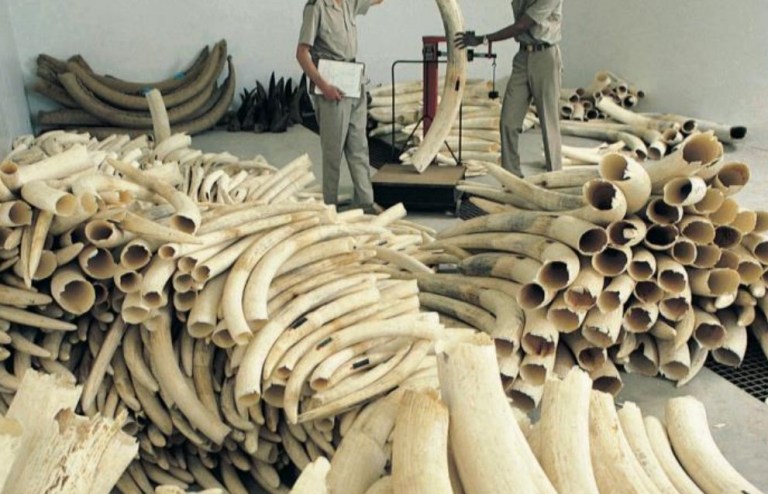
Vertebrate is any animal that has a spine. There are around 31,745 species in the world, and about 5,579 of them are traded, according to a study published in Nature, International journal of science. The study includes both, legal and illegal trade.
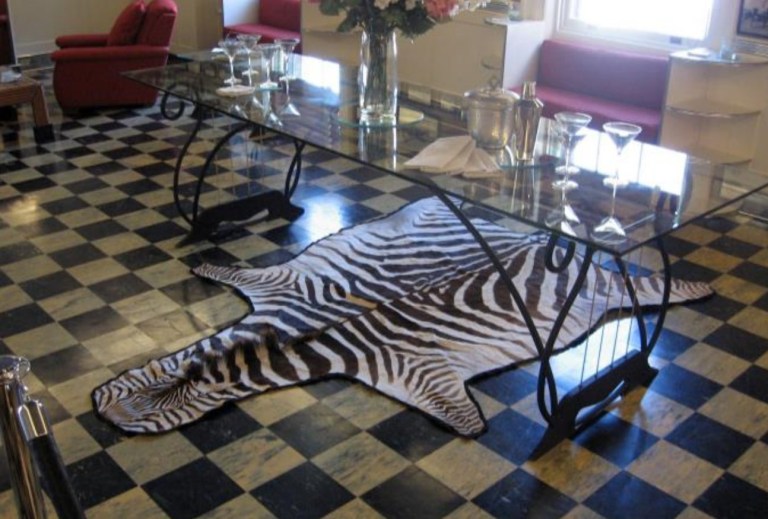
In 2015, WWF said it estimated that we had lost about 52 percent of the world’s nature over the past 40 years, mainly due to habitat loss and illegal trade in wildlife. Trade in wild animals has a devastating impact on the remaining wild populations of many highly endangered species.
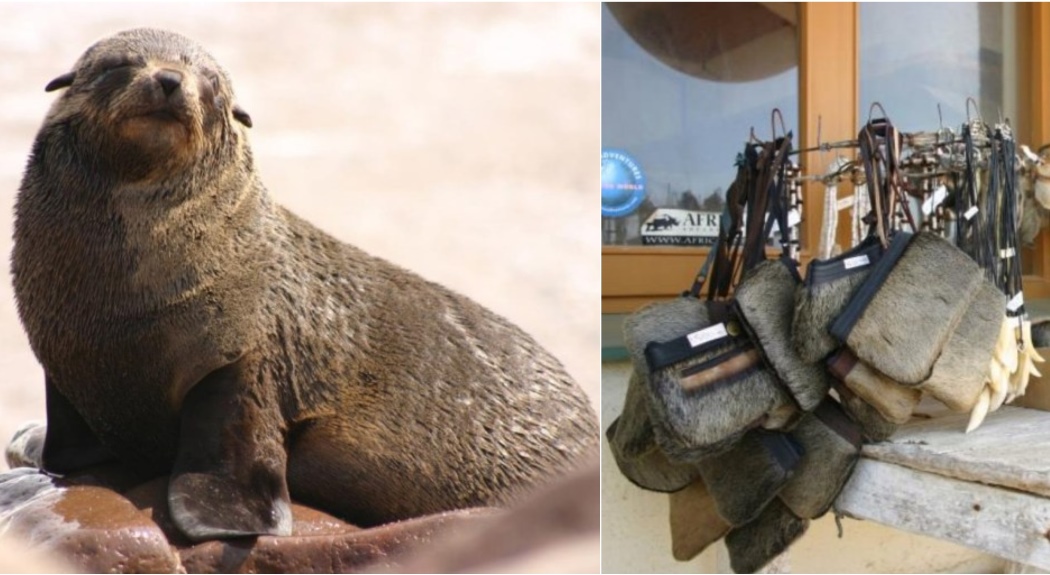
Animal as a Comodity
Animals are treated as commodities and not as living creatures, and traders and smugglers treat them accordingly. They are transported in harsh conditions, in confined spaces, often without sufficient air supply. Many captured animals do not survive transport.

In just four years, over 2.7 million vulnerable animals from Africa were legally farmed or captured and then traded. The deaths are incredibly cruel too, which animals being boiled or skinned alive, shot, clubbed to death, and more.
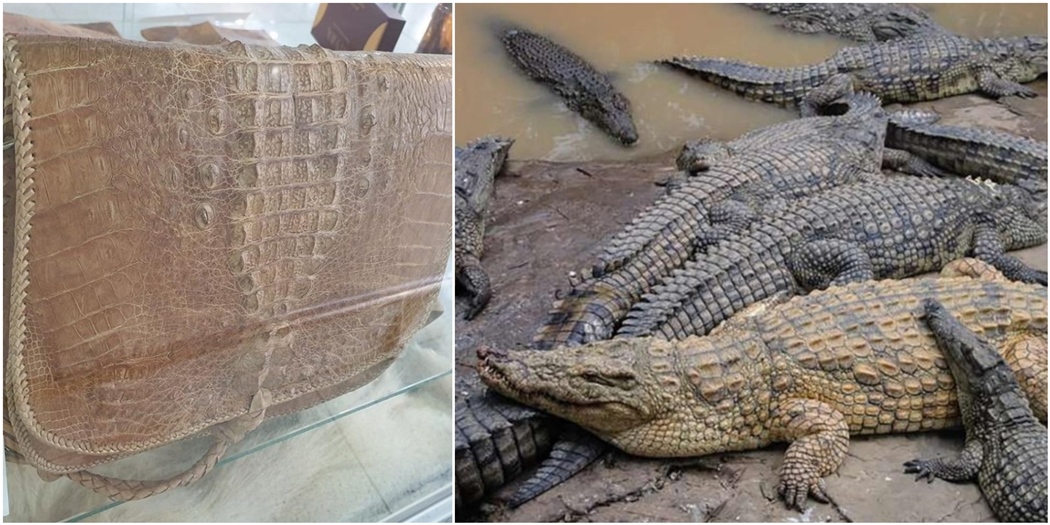
Animal Products
Elephants are killed for a valuable commodity – ivory. Elephant skins are used in car interiors. Handbags and shoes are made from crocodile and pangolin leather.

Exotic parrots, which are favorite pets, are transported in plastic bottles without the ability to move. These intelligent birds that adhere to humans are often abandoned in adulthood and suffer greatly, such as self-harm. Turtles and other reptiles and amphibians are welded in plastic containers or bags, and sold as a ‘live’ keychain.
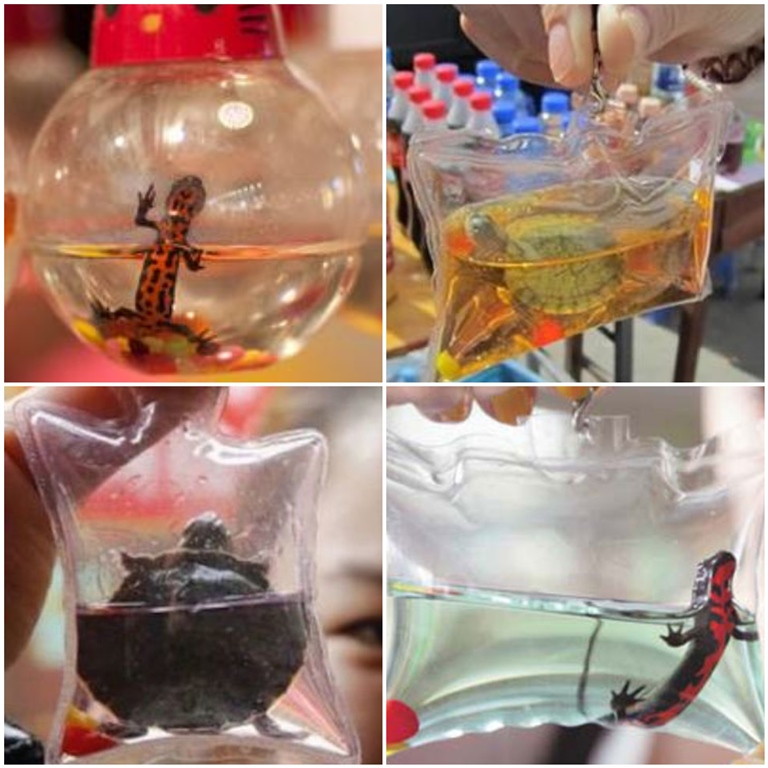
Skins of zebras are turned into floor decoration. Last year, more than 1,000 rhinos were killed for their horns to produce a powder used in traditional Chinese medicine as an aphrodisiac. Almost 500,000 ball pythons have been exported in just four years. Seals furs are used as trinkets, such as cross bags, cases, pendants, and many others.
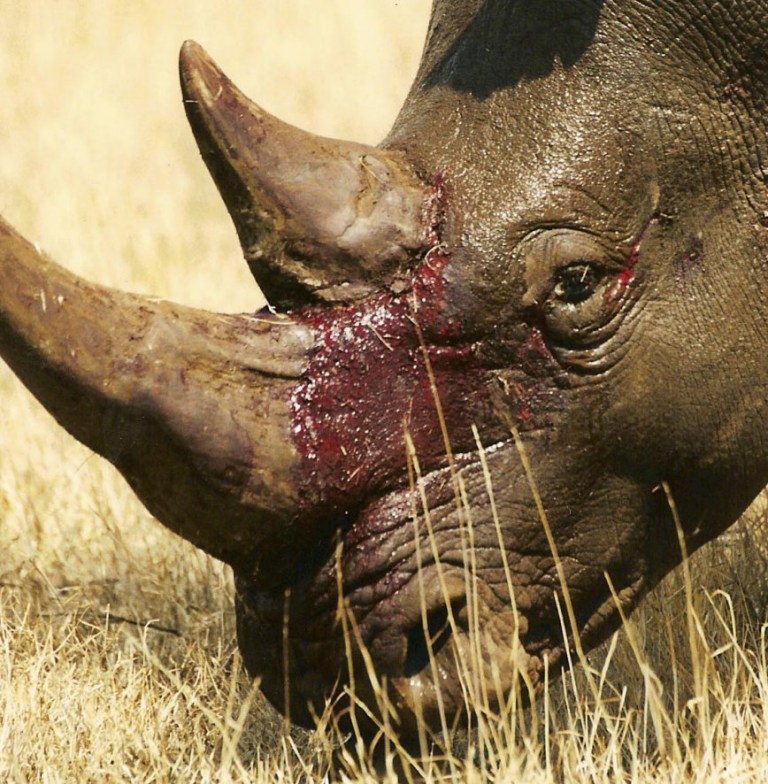
What Can Help Them?
Governments should tighten sanctions for poaching and smuggling. We can help slow down the illegal trade in wild animals simply by not buying exotic animals and their parts. Logically, zero demand for animal products is the most appropriate solution.
Source & credit: https://www.onegreenplanet.org/animalsandnature/study-fings-wildlife-trade-affects-one-fifth-vertebrates/, https://metro.co.uk/2019/10/05/tragic-fate-of-animals-being-boiled-or-skinned-alive-in-booming-wildlife-trade-10864585/?ito=cbshare, World Animal Protection/Getty,https://www.change.org




